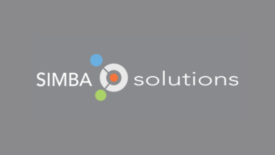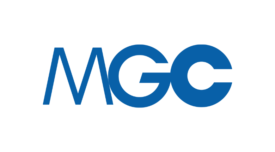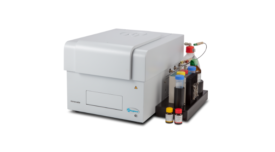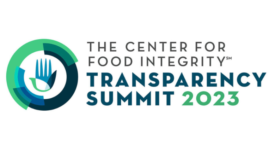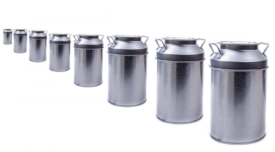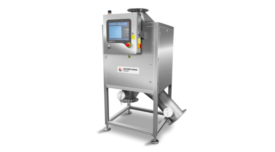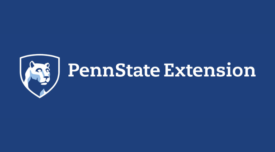Articles by Food Safety Magazine Editorial Team
BIZTRACKS
Penn State Extension to host FSMA Produce Grower Certification Webinar
October 10, 2023
Never miss the latest news and trends driving the food safety industry
eNewsletter | Website | eMagazine
JOIN TODAY!Copyright ©2024. All Rights Reserved BNP Media.
Design, CMS, Hosting & Web Development :: ePublishing
